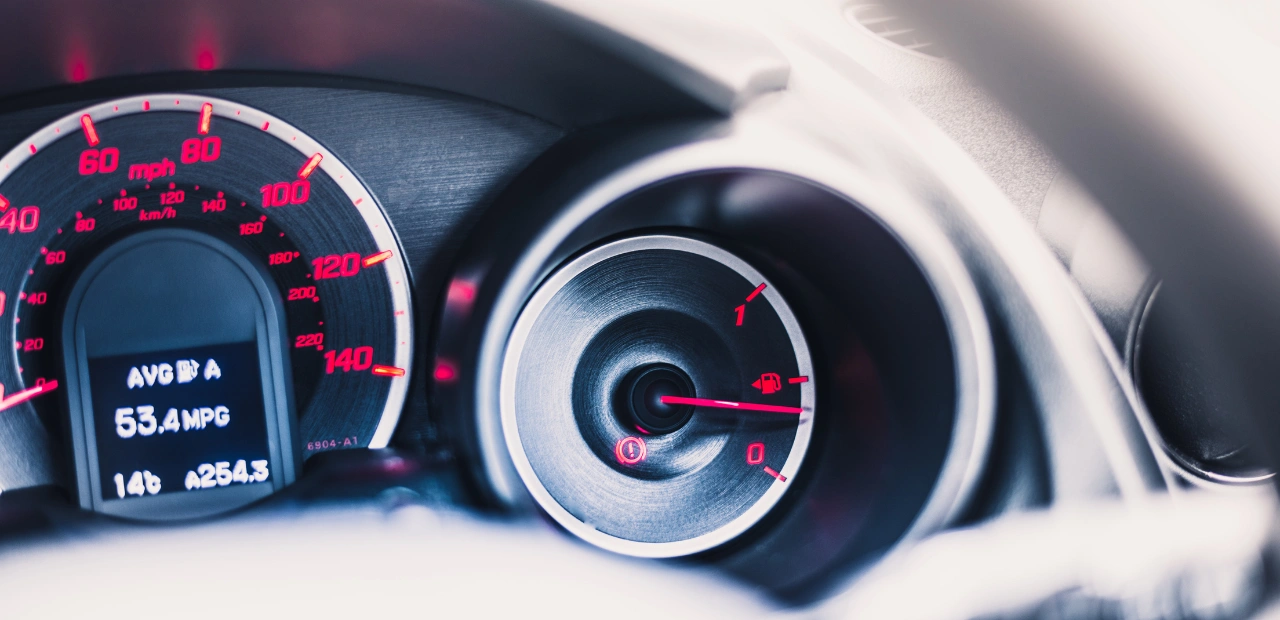How often do efficient cars need to be serviced?

Understanding the maintenance schedule of efficient cars
Regular maintenance is crucial for keeping efficient cars running smoothly and maximizing their performance. Understanding the maintenance schedule is essential for every car owner, as it ensures that necessary inspections and repairs are carried out at the right intervals. While the exact schedule may vary depending on the make and model of the car, there are some general guidelines that can help car owners navigate through this process.
First and foremost, it is important to consult the owner's manual provided by the manufacturer. This manual contains detailed information about the specific maintenance requirements for the car, including oil changes, filter replacements, and other crucial services. By following the manufacturer's recommendations, car owners can ensure that their efficient cars receive the attention they need to perform at their best. Additionally, it is also recommended to develop a good relationship with a trustworthy mechanic who is familiar with efficient cars. They can provide valuable insights and advice on the maintenance needs of the vehicle, as well as help identify any potential issues that may arise. By staying proactive and diligent in following the maintenance schedule, car owners can enjoy the benefits of a well-maintained and efficient vehicle for years to come.
Factors that determine the frequency of servicing efficient cars
The frequency of servicing efficient cars is determined by several factors. One key factor is the type of driving conditions a car is subjected to. Stop-and-go city driving can put more strain on the engine and its components, thus requiring more frequent service. On the other hand, cars primarily driven on highways and at consistent speeds may require less frequent servicing.
Another factor to consider is the age and mileage of the vehicle. As cars get older and accumulate more miles, certain parts and components may wear out or become less efficient. Consequently, more regular servicing may be needed to ensure optimal performance and prevent potential breakdowns. Additionally, the type of fuel used can affect the frequency of servicing. High-grade fuels and additives can help keep the fuel system and engine cleaner, potentially reducing the need for frequent service.
The importance of following the manufacturer's recommended service intervals
Servicing your car regularly is not just a recommendation; it is vitally important in maintaining the efficiency and performance of your vehicle. Following the manufacturer's recommended service intervals ensures that your car receives the necessary attention and care it needs. Neglecting these intervals can lead to a decline in efficiency, potential breakdowns, and costly repairs.
By adhering to the manufacturer's guidelines, you are taking proactive steps towards preserving the longevity of your car. These recommendations are based on extensive testing and research conducted by the experts who designed and built your vehicle. They know precisely when specific components, such as filters and fluids, need to be replaced or inspected to maintain optimal performance. Following these service intervals ensures that your car remains in top-notch condition, allowing it to operate efficiently and reliably for years to come.
Exploring the role of regular oil changes in maintaining efficiency
Regular oil changes play a pivotal role in maintaining the efficiency of cars. Oil serves as a lubricant that keeps the different moving parts of the engine functioning smoothly. Over time, however, the oil degrades and becomes less effective at lubricating the engine. This can lead to increased friction and wear and tear on the engine components, which ultimately affects the car's overall performance. By adhering to the recommended oil change intervals outlined by the manufacturer, car owners can ensure that the engine is always provided with fresh, clean oil that can effectively lubricate and protect the engine, thus helping to maintain its efficiency.
Furthermore, regular oil changes also contribute to better fuel efficiency. As oil ages, it can become thicker and more viscous, which creates greater resistance for the engine. This resistance requires the engine to work harder to overcome it, resulting in the consumption of more fuel. By regularly replacing the oil with new, clean oil, car owners can help to minimize this resistance and improve the overall fuel efficiency of their vehicles. This not only saves money at the pump but also reduces the carbon footprint by limiting the emission of greenhouse gases. Therefore, maintaining a consistent schedule of oil changes is crucial for preserving the efficiency and optimal performance of efficient cars.
The significance of tire maintenance for efficient cars
Proper tire maintenance plays a crucial role in ensuring optimal efficiency for cars. The condition of the tires directly impacts fuel consumption, handling, and overall performance. Regularly checking tire pressure and maintaining it at the recommended level not only improves fuel efficiency but also enhances safety on the road.
Underinflated tires can significantly decrease a car's fuel efficiency. When tires are not properly inflated, they create more rolling resistance, which requires the engine to work harder, thus consuming more fuel. By keeping the tires properly inflated, drivers can minimize resistance and maximize efficiency. Additionally, maintaining the correct tire pressure promotes even tread wear, ensuring better traction and handling, which are vital for efficient driving. Neglecting tire maintenance can result in increased fuel consumption, reduced mileage, and unnecessary wear on other vehicle components. Therefore, staying vigilant about tire maintenance is of paramount importance for maximizing the efficiency of any car.
The impact of regular filter replacements on the performance of efficient cars
Regular filter replacements play a crucial role in maintaining the performance and efficiency of cars. Filters, such as air filters, fuel filters, and oil filters, help in removing impurities and contaminants from the respective systems. Over time, these filters can become clogged and dirty, hindering their ability to effectively perform their intended tasks. When filters are not replaced on a regular basis, the performance of efficient cars can be negatively impacted.
One of the primary benefits of regular filter replacements is the improved air and fuel flow to the engine. A clean air filter ensures that the engine receives an adequate supply of fresh, clean air, which is essential for efficient combustion. Similarly, a clean fuel filter helps prevent any debris or contaminants from reaching the engine, ensuring optimal fuel flow and combustion. By replacing these filters at recommended intervals, efficient cars can maintain their peak performance and fuel efficiency, resulting in a smoother and more enjoyable driving experience. Furthermore, regular filter replacements can also contribute to prolonging the lifespan of various engine components, ultimately saving car owners from costly repairs and replacements down the line.
